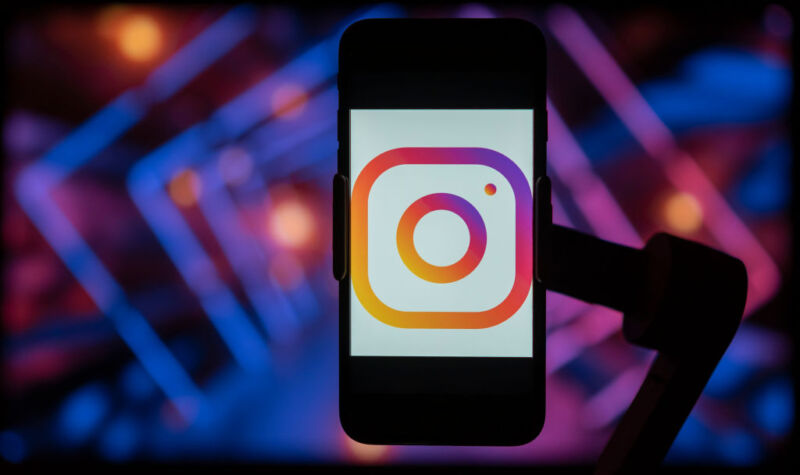
After a jury unanimously decided last September that Meta owed $175 million to walkie-talkie app-maker Voxer for patent infringement, Meta tried to avoid paying up by requesting a judge either reject the jury’s verdict or give Meta a new trial. This week, a federal judge denied Meta’s request, making it likely that Meta will have to pay all those running royalties for illegally copying Voxer’s technology and using it to launch Facebook Live and Instagram Live.
Meta had argued seemingly everything it could to get out of paying millions in damages. It questioned whether the jury’s decision was reasonable, claiming that Voxer’s lawyer had made comments that biased the jury. In Meta’s view, no reasonable jury would have found that Meta infringed Voxer’s patented video-streaming and messaging technologies. Further, even if everyone agreed that there was infringement, Meta argued that the damages were too extreme and improperly calculated by Voxer’s expert. Instead of owing running royalties, Meta felt it should be required to pay either no damages or a lump sum.
In his decision, US District Judge Lee Yeakel affirmed that substantial evidence supported the jury’s verdict of patent infringement and sufficient evidence supported the damages that the jury awarded Voxer.
Meta can still appeal, but a Meta spokesperson declined to tell Ars if the company will.
Ars could not immediately reach Voxer to comment, but this week’s decision inches the company closer to the end of a decade-long legal saga that started in 2012 when Voxer first met with Facebook to discuss a potential partnership.
According to Voxer’s complaint, Voxer began developing its technology in 2006, hoping to help improve battlefield communications. US army veteran Tom Katis co-founded the company, wanting to create a live-messaging and video-streaming app that would help eliminate interruptions in transmissions that left soldiers vulnerable during sudden ambushes or when medevacs were needed. That ambition morphed into the walkie-talkie app that Voxer launched in 2011, which was so popular, it prompted meetings with Facebook by 2012.
Voxer was likely excited to be wooed by Facebook, but soon after Voxer shared its patent portfolio and proprietary tech with the social network, the partnership fell through. When that happened, Facebook revoked Voxer’s access to its platform, deeming Voxer a competitor while allegedly making it harder to discover Voxer on Facebook. After that, Meta moved forward without Voxer’s involvement and launched Facebook Live in 2015 and Instagram Live in 2016.
After the launches, Voxer tried to book another meeting with Facebook, but the social network declined to discuss any alleged patent infringement. When Voxer sued in 2020, the app maker alleged that “both products incorporate Voxer’s technologies and infringe its patents.”
Meta has maintained in the three years since then that there was no patent infringement, but notably, the company didn’t immediately repeat statements to that effect this week.
Voxer’s win this week is due to Katis’ foresight in filing patents as he developed a bold new kind of technology he’d never seen before. When Katis built Voxer, he told a 2012 conference audience in Paris that he was surprised how easy it was to patent Voxer’s technology, quickly filing more than 75 patents the year after launching the walkie-talkie app. Katis said he successfully patented the technology because “no one”—including Facebook—”was crazy enough” to try to develop livestreaming tech like the vision he had for Voxer.
https://arstechnica.com/?p=1919682

